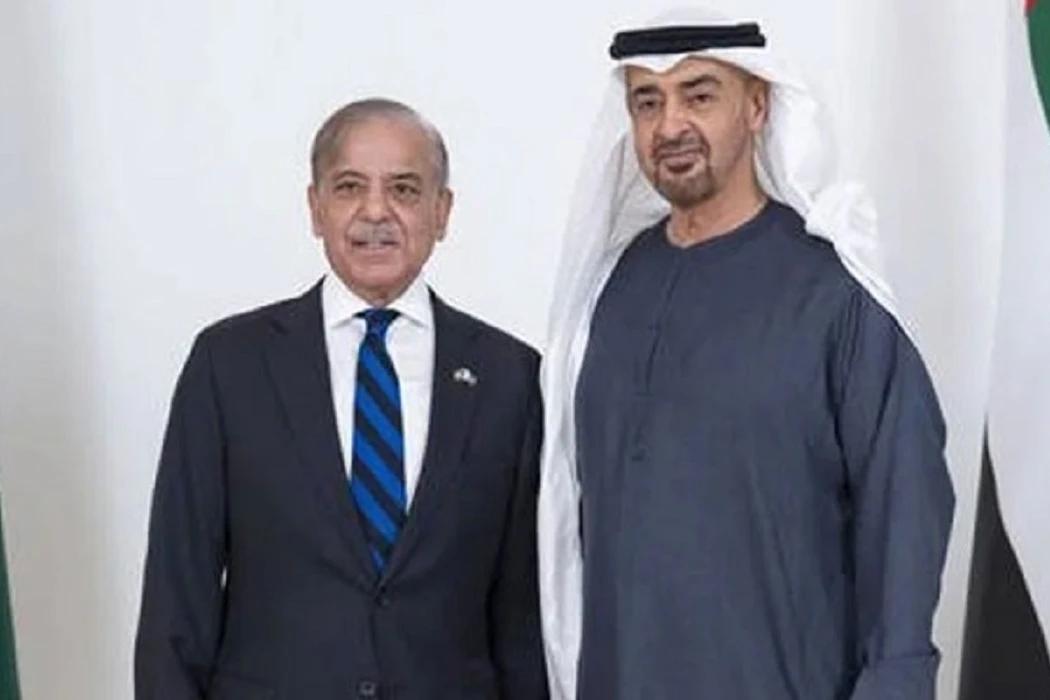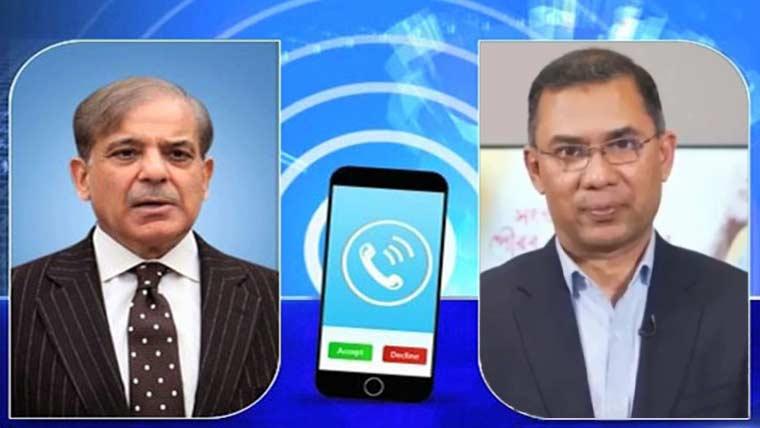The global lender has given a set of recommendation and taxing non-essential items including cigarettes has received appreciation by health advocates and experts.


Islamabad: The International Monetary Fund (IMF) has recommended Pakistan to overhaul tax machinery and to tax non-essential items including cigarettes to boost revenue and improve public health.
The global lender has given a set of recommendation and taxing non-essential items including cigarettes has received appreciation by health advocates and experts.
“This is a crucial time for the government to fix economic problems and implement the IMF recommendation,” said Professor Muhammad Zaman, head of Zaman Research Center at Quaid-i-Azam University (QAU).
He said the IMF report has referred to a phenomenal study on this subject conducted by Capital Calling, an Islamabad-based think tank, which says the cigarette consumption has decaresed due to increase in prices.
He said there is a need to bring into account the cost of morbidity and mortality that smoking inflicts on the society.
“Smoking is injurious to health regardless of the cigarette brand,” he said.
He pointed to critical flaws within Pakistan's tax system particularly the cigarette industry, which have facilitated a loss of Rs567 billion during last seven years, as revealed by the Sustainable Development Policy Institute (SDPI).
The study further exposed the influence of multinational cigarette companies on policymakers, particularly evident in the introduction of a three-tier excise duty structure in 2017, which prioritized revenue collection over public health considerations. However, subsequent analysis proved this approach to be ineffective and misleading in revenue generation.
The SDIP research highlighting global best practices and how high and middle-income countries have successfully used high cigarette taxes to reduce consumption and boost government revenues.
Pakistan, however, lacks a coherent strategy in utilizing cigarette taxation and pricing as a public health tool.
Dr. Hassan Shehzad from the International Islamic University Islamabad (IIUI) echoed sentiments from the World Health Organization (WHO), stressing the need to shield tobacco tax policies from vested interests of cigarette companies to ensure effective development, implementation, and enforcement of public health initiatives.
First National Chief of Army Staff Wrestling Championship 2026 concludes in Sialkot
- a day ago

DG ISPR visits various educational institutions of Lahore
- 15 hours ago
Tucker stars as Ireland crush Oman by 96 runs at T20 World Cup
- a day ago

Could lab monkeys soon become a thing of the past?
- a day ago

Good Luck, Have Fun, Don’t Die is a rollicking parable about this moment in tech
- 40 minutes ago

SSWMB earns national recognition for clean Sindh initiative
- 12 hours ago

T20World Cup high voltage clash: India set 176 run target for Pakistan to win
- 11 hours ago
Imran Khan, both sons talk over phone after prolonged hiatus
- a day ago

YouTube is coming to the Apple Vision Pro
- a day ago

PM Shehbaz leaves for Vienna, Austria on two-day official visit
- 15 hours ago

High voltage clash: India defeat pakistan by 61 Runs, qualify for Super Eight
- 7 hours ago

Field Marshal Syed Asim Munir meets global leaders during Germany visit
- 15 hours ago















